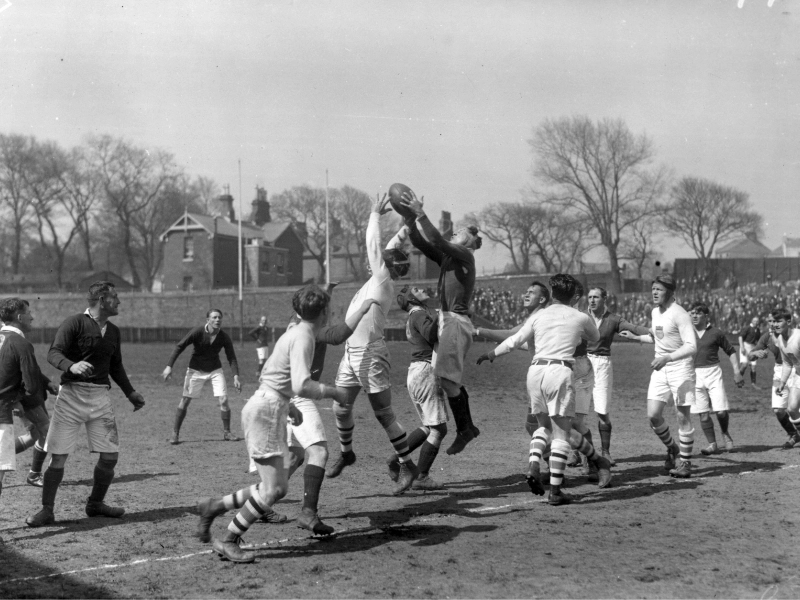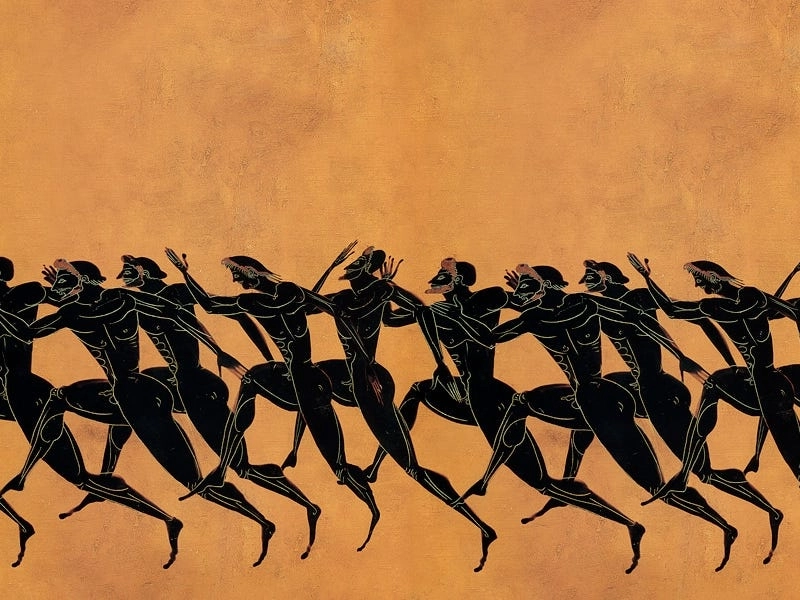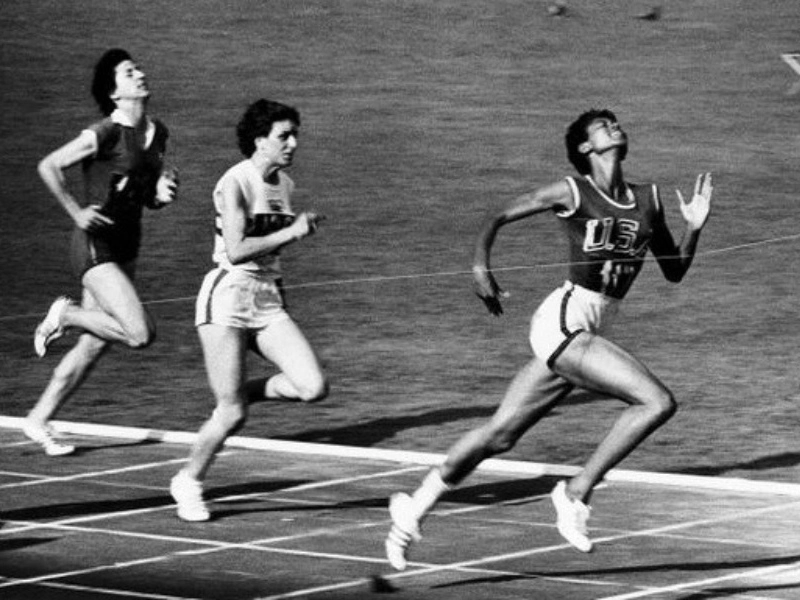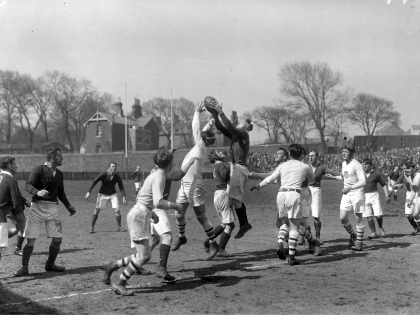Breaking Records: The Evolution of Athletics
Athletics has a long history distinguished by extraordinary success and the unrelenting quest of greatness. From historic contests to contemporary Olympic events, the development of athletics mirrors developments in society, science, and human performance. Key events in the field of sports are examined in this paper together with record breaking trends and the elements behind these amazing achievements. Knowing this development not only honors earlier successes but also motivates next generations of sportsmen.
The Beginnings of Competitive Sport
 Advertisement
Advertisement
Competitive sports originated in ancient societies where physical ability was valued and frequently connected to religious and cultural activities. Particularly noteworthy for their contributions are the ancient Greeks as they instituted the Olympic Games in 776 BC. Running, wrestling, and discus throwing among other sports highlighted in these games highlighted the value of physical rivalry in their culture. Athletes worked hard, and successes were honored somewhat highly. These early contests prepared the ground for record-breaking achievements even as they helped to shape contemporary sports. Measuring and documenting successes became second nature to the competitive attitude. Different civilizations evolved their own sports customs over time, but the Olympic Games stayed the most famous stage for presenting athletic ability. This historical background emphasizes how athletics has always been driven by the search for perfection, opening the path for further developments and record-breaking achievements.
The Evolution of Contemporary Sport

With the founding of contemporary sports leagues and consistent contests, the late 19th century marked a dramatic turning point in the development of athletics. Held in Athens in 1896, the first contemporary Olympic Games revived the historic custom and included fresh events including track and field. Organized sports teams first arose during this time and gave athletes controlled training and chances for competition. The need to surpass records developed along with the popularity of sports. Measurement equipment and timing devices helped to increase performance tracking precision. As athletes started to focus on particular events, competition grew and record-breaking performance opportunities emerged. During this period, the emphasis on training methods, diet, and sports science also changed to let players challenge their boundaries more than ever.
The effect of technology on performance

The development of technology has been instrumental in the change of sports and greatly influences record breaking. Improved performance has come from equipment innovations including lightweight running shoes, aerodynamic clothes, and cutting-edge training tools. For example, the creation of carbon-fiber sprinting shoes lets athletes reach faster times and cut fatigue. Apart from tools, technology has changed approaches of coaching and teaching. Sophisticated performance analysis technologies now available to athletes help them to track their development and make informed changes to their training plans. Detailed breakdowns of technique made possible by video analysis assist athletes hone their abilities and optimize effectiveness. The increased competitiveness brought about by this mix of science and technology has driven record-breaking results in many different athletic fields.
The Part Played by Training Science and Nutrition

The knowledge of nutrition and how it affects performance changed along with athletics. Athletes of today have access to a variety of knowledge on ideal meals, hydration policies, and recovery methods. Fueling workouts and improving recovery depend on nutrition, which also lets athletes train more forcefully and effectively. Thanks in large part to periodizing and tailored training programs, training science has also progressed greatly. Working together, coaches and sports scientists create customized strategies based on an athlete's particular goals, capabilities, and shortcomings. This strategy optimizes the possibility for performance records and improvement. The success of athletes depends much on the integration of nutrition and training science as they keep stretching the frontiers of human capabilities.
The Effect of Globalization on Sport
Athletics has been profoundly affected by globalization since it has promoted cultural interaction and a more competitive scene. Now competing on the global scene, athletes from many origins offer special training techniques and ideas that impact their particular sport. This melting pot of ideas has produced creative methods to performance enhancement, strategy, and training. Athletes now have venues to highlight their skills and set records in international contests such the Olympics and World Championships. The higher stakes resulting from the more exposure and competition have driven athletes toward excellence. Moreover, the development of social media has helped sportsmen interact with supporters and share their paths, thereby motivating others to follow their athletic aspirations.
The Prospect of Athletic Record-Breaking
Looking ahead, the pursuit of athletic record breaking shows no indications of slowing down. Athletes are always discovering fresh approaches to improve their performance as nutrition, training techniques, and technology evolve constantly. The development of individualized training courses and genetic studies could transform players' readiness for a competition even more. Furthermore influencing players' training and competition is growing knowledge of mental health and psychological aspects in sports performance. Athletes can perform at their best under duress by means of mental resilience and attention, which are increasingly vital than physical conditioning. The harmonic integration of physical, mental, and technical developments will define the growth of sports going ahead and open the path for a new age of record-breaking successes.









